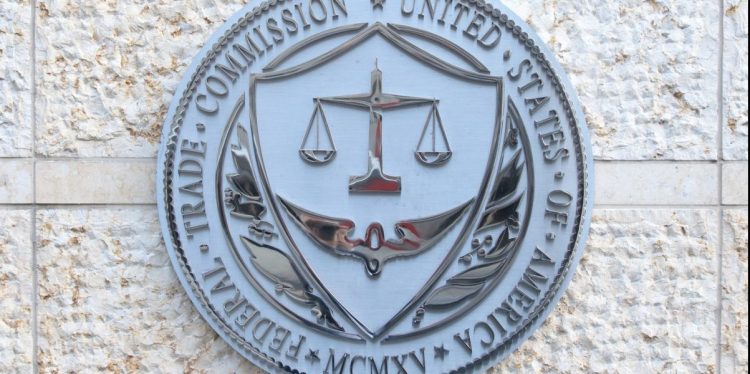Banned by the United States and Australian governments with a similar lockout looming in South Korea, embattled Chinese 5G hardware maker Huawei has asked the U.S. Federal Trade Commission (FTC) for a hearing to regain a place in the American telecom market. In a 65-page filing with the Federal Communications Commission (FCC), the Chinese company claims that it’s been unfairly targeted by the U.S. government over national security concerns — a subject it believes the FTC can address under its mandate to protect consumers and industries.
The filing (spotted by FierceWireless) is a response to the FCC’s effort to bar U.S. carriers from using federal funds on Huawei networking equipment, as well as at least five other overt government actions since 2010 that have cut or stopped U.S. sales of Huawei gear. “These actions,” says Huawei, “all purportedly taken to protect ‘national security’ interests, have severely restricted the ability of Huawei and others to compete in the United States.”
Huawei’s claim is that the supposed national security risk “appears in many respects to be economic,” namely that the U.S. isn’t worried so much about Chinese interception or disruption of imminently launching 5G networks, but rather the risk of becoming overly dependent on Chinese telecom hardware. That’s at odds with statements made by U.S. security officials, who have cited specific security concerns due to recent Chinese laws, a Communist Party apparatus inside Huawei, and classified information on Chinese clandestine agencies.
Nevertheless, the strategy is interesting in that it’s hoping to convince a trade-focused agency to weigh in on a discussion that’s been dominated — and seemingly settled — by legislators, executive branch security chiefs, and communications officials. Huawei hopes that the FTC will agree that it’s not a danger to the U.S., then “brief the FCC and appropriate Congressional Committees” using its powers of “evidence, expertise, and persuasion” to “prevent an unjust burden on consumers and inefficiencies in U.S. telecommunications markets.”
June 5th: The AI Audit in NYC
Join us next week in NYC to engage with top executive leaders, delving into strategies for auditing AI models to ensure fairness, optimal performance, and ethical compliance across diverse organizations. Secure your attendance for this exclusive invite-only event.
The company argues that its participation in U.S. markets will increase competition and innovation, while decreasing prices for U.S. consumers and enterprises — particularly in high-end smartphones and network technologies, markets where there are few alternatives. It says that the government has blocked sales of its products without properly weighing the anticompetitive effects that decision would have. Not surprisingly, it claims that U.S. security concerns over China “have been overstated,” that hardware bans offer “little actual protection,” and that potential equipment issues can be mitigated using risk management techniques.
Normally, an agency such as the FTC would be unlikely to take up the cause of a foreign company accused of threatening national security — particularly when security and telecom officials have concluded that it is indeed a threat. But as hail-mary passes go, this is certainly one worth watching, and could become very interesting if the FTC decides to run with it and challenge the government’s currently accepted wisdom on barring Chinese 5G equipment in the United States.

